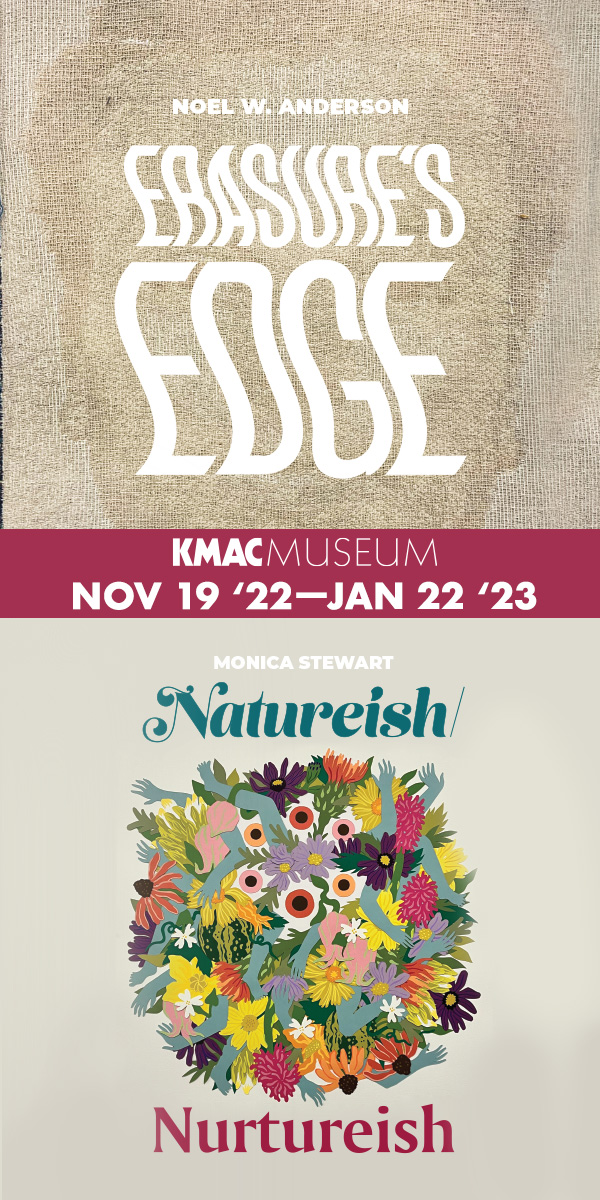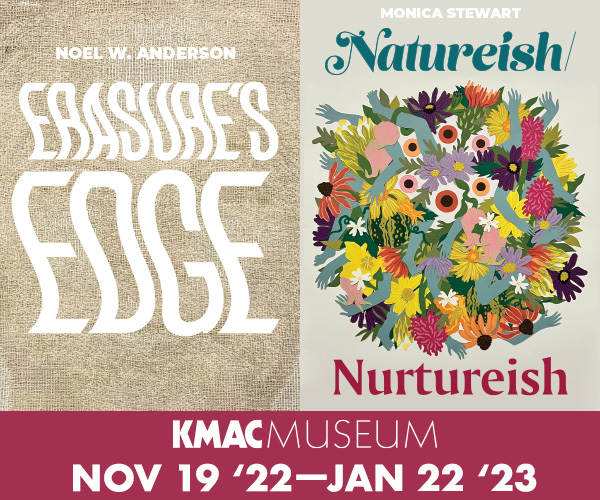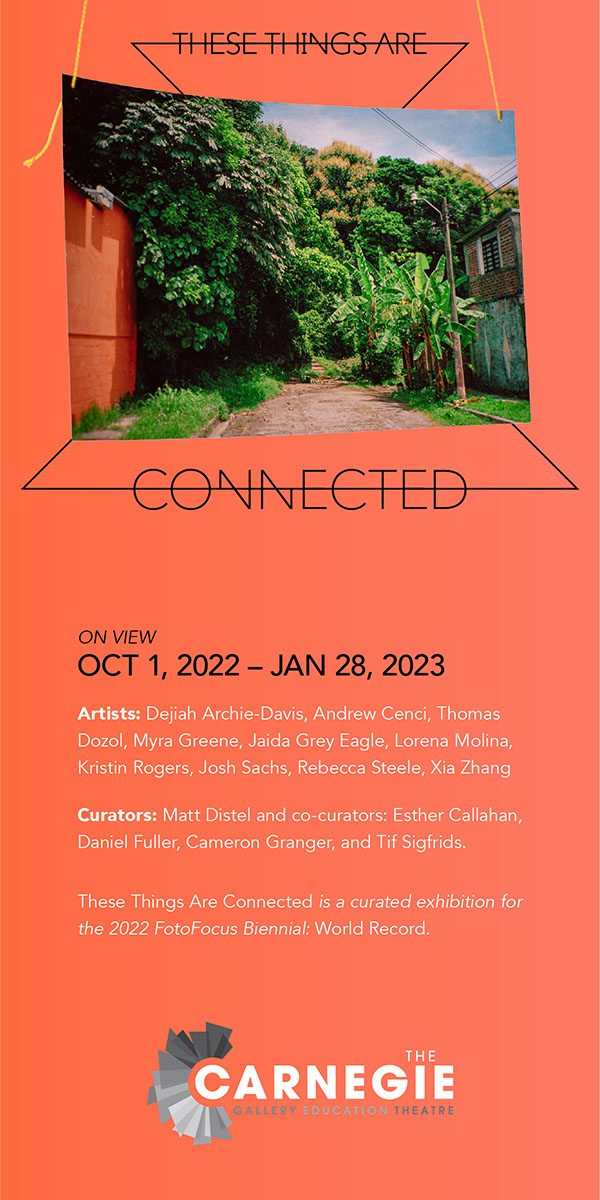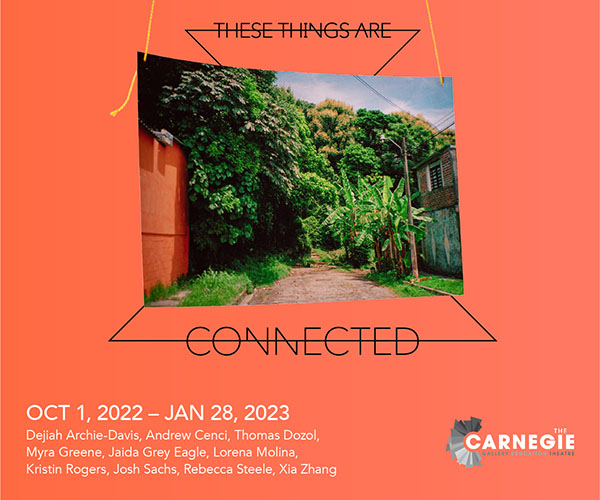In a series for Eastern Standard on WEKU, UnderMain’s Tom Martin is interviewing each of the six finalist candidates for the positions of Music Director and Conductor of the Lexington Philharmonic Orchestra. Akiko Fujimoto currently serves as Associate Conductor of the Minnesota Orchestra and is former Associate Conductor of the San Antonio Symphony. She will be in Lexington next week for a whirlwind of interviews, rehearsals, meet-and-greets and performance. A transcript of the interview appears below.
Tom: Greetings, Akiko.
Akiko: Greetings!
Tom: Are you ready for this intense week ahead?
Akiko: I am. I am so excited to be on the ground and start rehearsing with the musicians of the Lexington Philharmonic and make great music and share it with the audience.
Tom: Tell us how music came into your life and how it became your life’s work.
Akiko: Well, apparently, my mother was playing a lot of classical music while I was in her womb. I think that counts for something, but it took until about five years after I came out of her womb for me to actually start playing an instrument and that was the piano. She put me in a group piano lesson because we had just moved to a new city and she wanted me to meet other kids. I played the trombone after starting on the trumpet. And I always sang in choirs. And then once I got to college, the trombone sort of took a backseat, but I started to do more singing and actually start conducting.
Tom: If you were pressed to describe your musical personality, what would you say?
Akiko: I think my conducting personality has a lot of intensity, integrity, and passion. I’m a very, very passionate person who feels a lot, but maybe because of my Japanese background, you know, I might not express it when we’re just talking to each other in a way that you would describe as passionate. But once I’m on the podium, conducting is my instrument. It’s my medium of expression. It’s the instrument that I feel most comfortable expressing myself musically and somehow all of the passion inside of me gets unleashed. And it’s the greatest feeling I have when I’m making music and sharing that passion with the musicians on stage and then with the audience.
Tom: When you’re in Lexington, you’re going to be conducting a program entitled Deep Music. What is most exciting to you about the program that you’ll be conducting?
Akiko: Well, it’s the fact that they chose the program for us, but it’s the perfect program for me. That was a great coincidence. The first piece, Deep Summer Music, is by a Minnesotan composer Libby Larsen. And I had already met her when that piece was assigned to me by the Lexington Philharmonic and I had already performed a couple of her pieces. I immediately was like “Wow, how lucky am I that I already met the composer.†I haven’t done this piece in particular, but I feel very, you know, familiar with her and her style. And I had to read her biography in addition to meeting her in person because I was studying other music by her. So, I feel very lucky about that. And then the Ginastera or the harp concerto I feel very lucky about because I have spent five years before coming to Minnesota in San Antonio, Texas where the population is 65 percent Latino. And so, part of my job was to do Latin-influenced or Latin American music — a lot. It was our way of connecting with the community and it was a genre that I had not really explored before because all of us who go to music schools and conservatories, our core repertoire, the meat and potatoes tend to be the Central European and maybe, you know, Russian. You know, those two are sort of the bread and butter of what we do when we’re growing up as musicians. So, I haven’t really done a lot of Latin and then I have to do it and I feel very comfortable even though that harp concerto itself is not overtly folk influenced. I feel a lot of affinity for music of the Americas especially Southern and Central America. And Beethoven, I mean, how much luckier can a girl get? Beethoven #7 is one of the greatest miracles of the western civilization. First of all, Beethoven, his symphonies are a conductor’s Bible. That’s what we start studying and that’s what we die studying. They’re our life’s work. And #7 in particular is a piece that we all love performing. It’s exciting. It’s rhythmic. It gets quite intense and crazy towards the end. But then of course, there’s a slower second movement that is very famous and has been used in movie soundtracks and very iconic music. So popular that, you know, when Beethoven premiered it, he had to encore that movement. So, you know, I just feel very lucky that I was given this wonderful program.
Tom: I mentioned that you’ll be conducting the Lexington Philharmonic on the 25th. But on the evening before that, you will also lead LexPhil’s annual Music Builds Discovery Concert, which is a field trip for Central Kentucky students. Do you enjoy taking the music to young listeners?
Akiko: Yes. Absolutely. I have been doing young people’s concerts for the past ten years of my life with various organizations. And I have a ton of experience with education concerts both programming and presenting.
And every orchestra does it a little bit differently. The one thing that’s new about this Discovery concert is it is meant to target the widest range of age groups that I’ve ever encountered. Apparently, there will be anybody from third graders to high school students. I’m used to breaking things up a little bit more by age group, but this is a new challenge for me and I’m up for it.
Tom: Thinking about the audience in broader terms, what’s your philosophy about community engagement?
Akiko: Well, first of all, the role of the orchestra in any community is extremely important. I think it should be the center of the fine arts community, performing arts community. It tends to be the largest arts organization in any community just because of the sheer force and the resources that it takes to mount a professional orchestra concert, but I think it needs to be the central figure that is a resource for everybody that plays the most important — and I don’t want to put a value on different genres of music and types or formats. Everybody is important, but an orchestra has the ability to be the incubator, you know, at the highest level and also be the connector of all the different arts groups in the community whether it be dance groups, ballet, or opera, or children’s chorus, school music ensembles, youth orchestra, and college ensembles. But an orchestra needs to be the central clearing house for all things artistic and I’m sure many of the musicians in the Philharmonic teach in the area and their presence is enormously important, that these talented folks are actually living in the area. I know many people commute from elsewhere into Lexington for these concerts. But the ones that do live there, you know, they serve the community on a weekly basis by teaching lessons and being part of community and just living and breathing there. So, I think having a professional orchestra like that in the community, it just enriches everything. We should also reach out and go into the community playing different venues and not just play but also talk to the audience, mingle with the audience before and after performances because without the audience and the community’s support and understanding, we don’t exist. So, we need to constantly show our appreciation and most importantly relevance. The Philharmonic needs to be indispensable to people’s lives in a way that they can’t imagine living in Lexington without the orchestra being there.
Tom: You mentioned living here, living in Lexington. And obviously, you are open to the prospect because you’re a finalist conductor. But can you tell me a little bit more about that, about what excites you…
Akiko: Of course.
Tom: …about the possibility of living in Lexington, Kentucky?
Akiko: Well, to be honest with you, I’m not too familiar with that part of the country yet. I’ve lived in California and in Northeast and then the South for the past ten years. And now, I’m in Upper Midwest, but very, very cold. So, I will be looking forward to—
Tom: We get all four seasons to the hilt here. Let me just warn you.
Akiko: Well, that’s exactly what I was going to say, that I’m going to enjoy the four different temperaments. But hopefully, you don’t have the -28 degree weather—
Tom: We don’t have that.
Akiko: …in January or February.
Tom: Okay. Good. I was hoping that was not the case. I’m looking forward to beautiful seasons. I know there’s a lot of great nature. Obviously, you’re the horse capital. And the bourbon capital of the United States. So, these are sort of like the fun things and obvious things about Lexington, but the reason I will be excited to live in Lexington is because I would like to be part of a community, as I mentioned before, you know, the people in the Philharmonic that live there and teach and go grocery shopping there. You know, I actually just started music directorship of an orchestra in Texas that is just five weeks a year, but it’s a non-residential job. It’s called in the Mid-Texas Symphony. And I commute there from wherever I am and they did not require residence. It’s a, you know, smaller scope of an organization. Much smaller than Lexington Philharmonic. And as much as I enjoy that, I really am looking forward to having my first residential music directorship and I’m hoping that’s the Lexington Philharmonic because to be a music director I think really means that you…to have the greatest impact on the organization, you need to be part of the community. And it’s fun to be a fly-by conductor, too, but I think for the scope of the Lexington Philharmonic you do need to keep a residence there and be available for meetings and events and not cram everything into the concert weeks and just let your life there breeze so that the organization and I can do the planning, and brainstorming, and all that, you know, and not to stress about doing everything the week of the visit or something like that.
So, I’m excited about that and I’m excited about making music with this great orchestra. I know your former music director, Scott Terrell, used to be in my position years ago at the Minnesota Orchestra. And some of the musicians and staff are still friends with him. They keep in touch. So, they know about the Lexington Philharmonic and they’re all excited about it for me. And as amazing as the Minnesota Orchestra is, of course, being a staff conductor is a different story than being a music director and that’s something I’m ready, you know, looking forward to developing into, is having kind of a curatorial position, not just being a conductor of a certain specific concert, but being able to curate the overall experience and kind of like a chef, you know, designing a meal. If you could compare an orchestra season to a meal, I would love to design a great season, you know, with everybody in the organization, but be the driver of the process and give everybody a great experience.
Tom: Well, Akiko, you’re going to have a very intense and very busy week here ahead. But of course, it’s also an opportunity to discover those things that you’re looking for and I think you’ll find them.
Akiko: I think I will. I’m supposed to take a tour of the area on my first day. So, I’m excited about that.
Tom: Akiko Fujimoto, associate conductor of the Minnesota Orchestra and a candidate for music director and conductor of the Lexington Philharmonic. Thanks so much, Akiko.
Akiko: Thank you.
-0-
Listen to Tom’s conversations with the first candidate to come to town, Thomas Heuser of Idaho Falls, Idaho, as well as LexPhil Executive Director Allison Kaiser.




